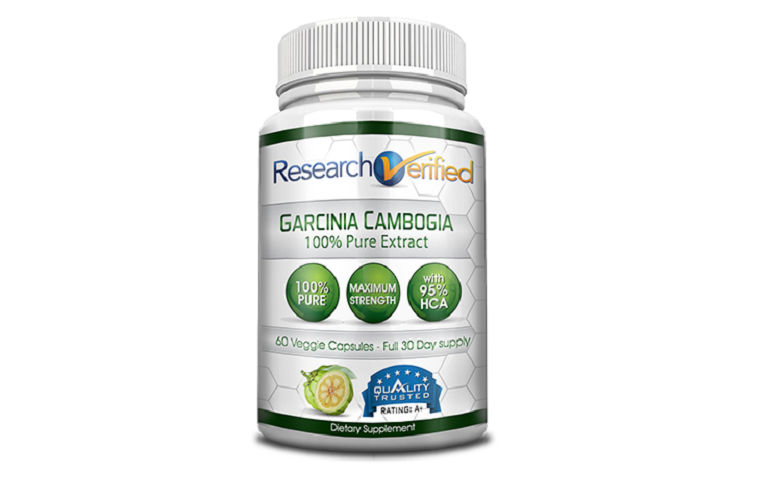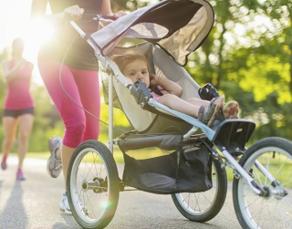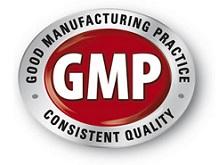Most new moms can’t wait to throw out their maternity clothes and slip into their comfy old pair of jeans. To return to normal life pre-baby….but as most experienced mothers will tell you this is no mean feat and that losing weight postpartum is not easy by any means.
The average weight gained during pregnancy is about 25-35 pounds. It is only logical that weight loss after pregnancy would take time, after all it takes 9 months to reach your top pregnancy weight (speaking for the majority), of course it will take time to lose it again. Some experts suggest that it can take, at minimum, the length of a full-term pregnancy upwards of a year to get your body back to its pre-pregnancy size, weight and shape.
The problem most new moms experience is that they don’t know how to lose all those extra pounds. The good news is that at least 10 pounds will be lost upon delivery. More or less the breakdown is: one seven - to - eight pound baby, plus about two pounds of blood and amniotic fluid. In the first week you will probably lose another three to five pounds of water weight. The rest is really up to you. Below are some useful tips that will help you in losing the baby weight.
#1 Exercise
Incorporating physical activity into your daily routine is a good way to help you get back in shape and feel energized. Start out slow with simple exercises that strengthen major muscle groups, including your abdominal and back muscles by walking around the neighborhood while pushing the stroller of your new bundle of joy. Then gradually increase intensity and duration and add moderate exercises, such as brisk walking or bike riding on a level surface. If you have trouble finding time to exercise, include your baby in your routine. Lay your baby next to you while you do stretches on the floor, do a lot of deep squats while holding your baby upright or include your baby in strength training activities like lifting the baby above you while you lie on your back or twisting side to side.
If you can afford it, try getting a gym membership that includes childcare and take advantage of it. Working out can greatly improve your self-esteem, energy levels, and overall mood, even when you are sleep deprived.
Remember that you don't have to do exercise seven days a week to lose weight, you can do them every other day. If you exercised during pregnancy and had an uncomplicated vaginal delivery, it is generally safe to begin light exercise within days of delivery. However, if you had a Cesarean section or a complicated birth, you'll need to wait at least six weeks to start light exercises. Always check with your doctor before returning to your exercise routine or before starting any postnatal fitness program. Exercise will also promote sleep which is crucial for losing weight as well as help keep your sanity!
#2 Sleep
It comes as no surprise that both the pattern, quality and duration of a mother's sleep becomes instantly disrupted when a new baby arrives home. As sleep decreases, cortisol levels elevate, which results in a mom's inability to metabolize calories efficiently. To keep cortisol balanced, avoid caffeine, stress and overexertion. Try napping while your baby sleeps. Don’t worry about cleaning the house or tidying up, sleep is more important. Ask for help or accept any help that is offered, so you can get a few hours of sleep. Remember sleep is not a luxury, but a medical requirement and crucial for aiding weight loss.
Sleep deprivation can lead to mood changes, and new moms are at risk for the baby blues or the more serious postpartum depression. So if you are experiencing some of these symptoms, talk to your doctor to address them.
#3 Diet
Postpartum adequate nutrition is imperative, especially to support nursing but focusing on eating a healthy diet and eating at regular intervals is more important. Eat plenty of fruits, vegetables, low-fat dairy, monounsaturated fats, whole grains, and lean protein. Healthy fats such as nuts, whole grains and some gluten-free bakery items are some examples of beneficial foods that support energy and bodily function for any new mom. Foods high in fiber will help you feel full longer. Say no to junk food and empty-calorie foods like chips, as well as fad diets that eliminate entire food groups. Don't drink your calories, so don’t drink soda (including diet soda), only drink water. Water will help you feel full, reduce cravings and will help you sleep better. Be conscious of portions sizes, in this case, smaller is better. Take time to read food labels, don't skip meals and, lastly steer clear of processed sugar, which increases inflammation and raises blood sugar.
#4 Breastfeeding
Contrary to popular belief, breastfeeding is not a magic bullet for weight loss, however it does help women burn extra calories postpartum and assist in weight loss. The problem with breastfeeding is that most women have unrealistic expectations as to its role in weight loss. Most women think that they need a lot of extra calories to produce enough milk. It is true that you do need a few extra calories, but they do not have to be derived from milkshakes, candy bars, and other unhealthy empty calories. Experts suggest adding 500 calories a day of nutrient-rich food is sufficient to produce enough milk. Remember that after you stop nursing, it is possible and very likely to gain weight back if you don’t adjust your eating habits.
#5 Supplements
Taking supplements today is quite common. This is due to the fact that most Americans do not eat a balanced diet. They do not eat enough vegetables and fruits and as a result they are nutrient deprived. Supplements can be ideal if your diet is lacking essential nutrients. After pregnancy, most women need extra nutrients and it is recommended that they continue taking their pre-natal vitamins, especially vitamin A. Another great way to lose weight is by taking a garcinia cambogia supplement.
Garcinia cambogia is a citrus fruit native to Southeast Asia that has also been shown to be effective for weight loss.
With so many products out there, which one should you choose. A name that keeps circling back to us is a company called Research Verified. They manufacture a range of great products including a top quality garcinia cambogia extract.
- Research Verified Garcinia Cambogia Extract contains 95% HCA (Hydroxycitric Acid) for optimal potency. HCA is a form of citric acid which is extracted from the rind of the garcinia cambogia fruit. It's benefits include safe, natural fat burning properties, suppressing appetite and enhancing mood. In addition, potassium has been included, which works to increase absorption and bioavailability.
- Research Verified Garcinia Cambogia Extract has no calcium in it because it can have a negative effect on HCA.
- Research Verified Garcinia Cambogia Extract has no added fillers, binders, preservatives, artificial ingredients or artificial coloring or hormones.
- Research Verified Garcinia Cambogia Extract offers a money back guarantee for a whole year.
- Perhaps one of the most important aspects is that Research Verified is manufactured in the USA in an FDA recognized, and cGMP approved facility and easily available to purchase online. It meets and exceeds the strictest manufacturing guidelines. It also complies with the US Pharmacopeia's standards for quality and purity. Third party testing is crucial to safeguard the health of consumers. Research Verified Garcinia Cambogia Extract is Third Party Tested for purity, and is monitored to ensure that its quality is up to par to industry standards.
Our Research Verified Garcinia Cambogia Review - In Short
Losing weight postpartum doesn’t have to be stressful or difficult. Eat right, do light exercise, consider supplementing your diet with nutritional health products and will be ahead of the game on on the right track to lose that unwanted baby weight.
Above all, remember that losing weight is important but being thin is not. The important thing is to be healthy, to have a positive body image and to be a good and caring mother. Your weight does not define who you are.
References
- http://www.webmd.com/baby/guide/healthy-weight-gain#1
- http://www.webmd.com/diet/features/expert-qa-losing-baby-weight#2
- http://www.postpartumprogress.com/dealing-postpartum-sleep-deprivation
- https://www.ncbi.nlm.nih.gov/pubmed/9415946















